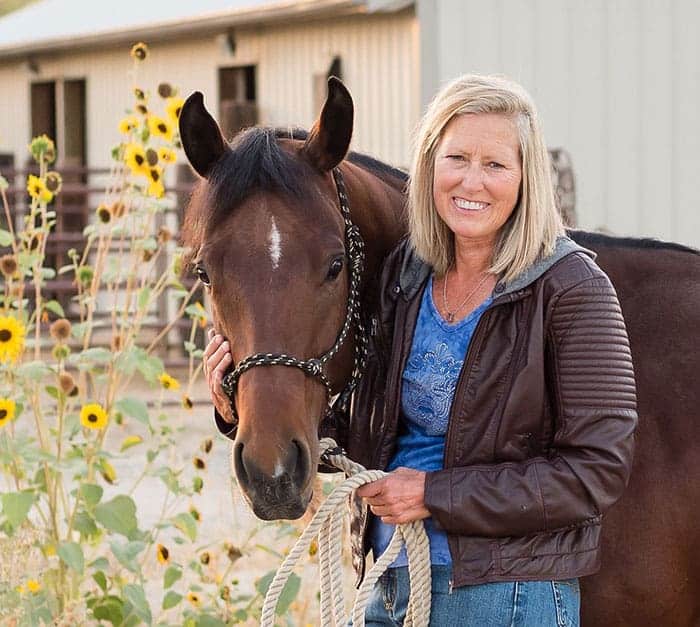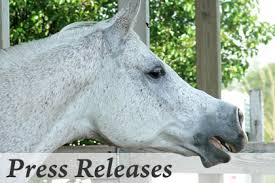Getting Pastures Ready for Winter
- Posted by Alayne Blickle
- Topics: Blogs, Smart Horse Keeping
 This past weekend I had the pleasure of offering my Horses for Clean Water workshop to horse owners in the scenic Peace River region of Northern Alberta, Canada. The vastness is impressive with geography similar to the United States’ Great Plains, except with far fewer people and more agriculture. It was amazing to talk with horse folks who owned so much land – 100 to 300 or more acres, although still many with ten acres or less. Going into their third year of drought in a region that depends on surface water for drinking and rainfall for agriculture, they have some very real, very serious water conservation issues, which were interesting to learn about.
This past weekend I had the pleasure of offering my Horses for Clean Water workshop to horse owners in the scenic Peace River region of Northern Alberta, Canada. The vastness is impressive with geography similar to the United States’ Great Plains, except with far fewer people and more agriculture. It was amazing to talk with horse folks who owned so much land – 100 to 300 or more acres, although still many with ten acres or less. Going into their third year of drought in a region that depends on surface water for drinking and rainfall for agriculture, they have some very real, very serious water conservation issues, which were interesting to learn about.
Being in the far north was a bit of a wake-up call; the day I left Boise it was 90 degrees. Upon arriving in Grande Prairie the weather quickly deteriorated to cold, blowing and looking like snow. Winter was definitely knocking at the door, as it soon will be for the rest of us in North America.
This means if you are lucky enough to own horse pasture now is the time to baby it. It’s important to realize that a good stand of grass is critical for environmental health. Grass roots hold valuable topsoil in place and prevent erosion. Grass plants minimize pollution by filtering out nutrients and sediments and reducing runoff.
TheHorse.com is home to thousands of free articles about horse health care. In order to access some of our exclusive free content, you must be signed into TheHorse.com. Already have an account?Create a free account with TheHorse.com to view this content.
Start your free account today!
and continue reading.

Written by:
Alayne Blickle
Related Articles
Stay on top of the most recent Horse Health news with













